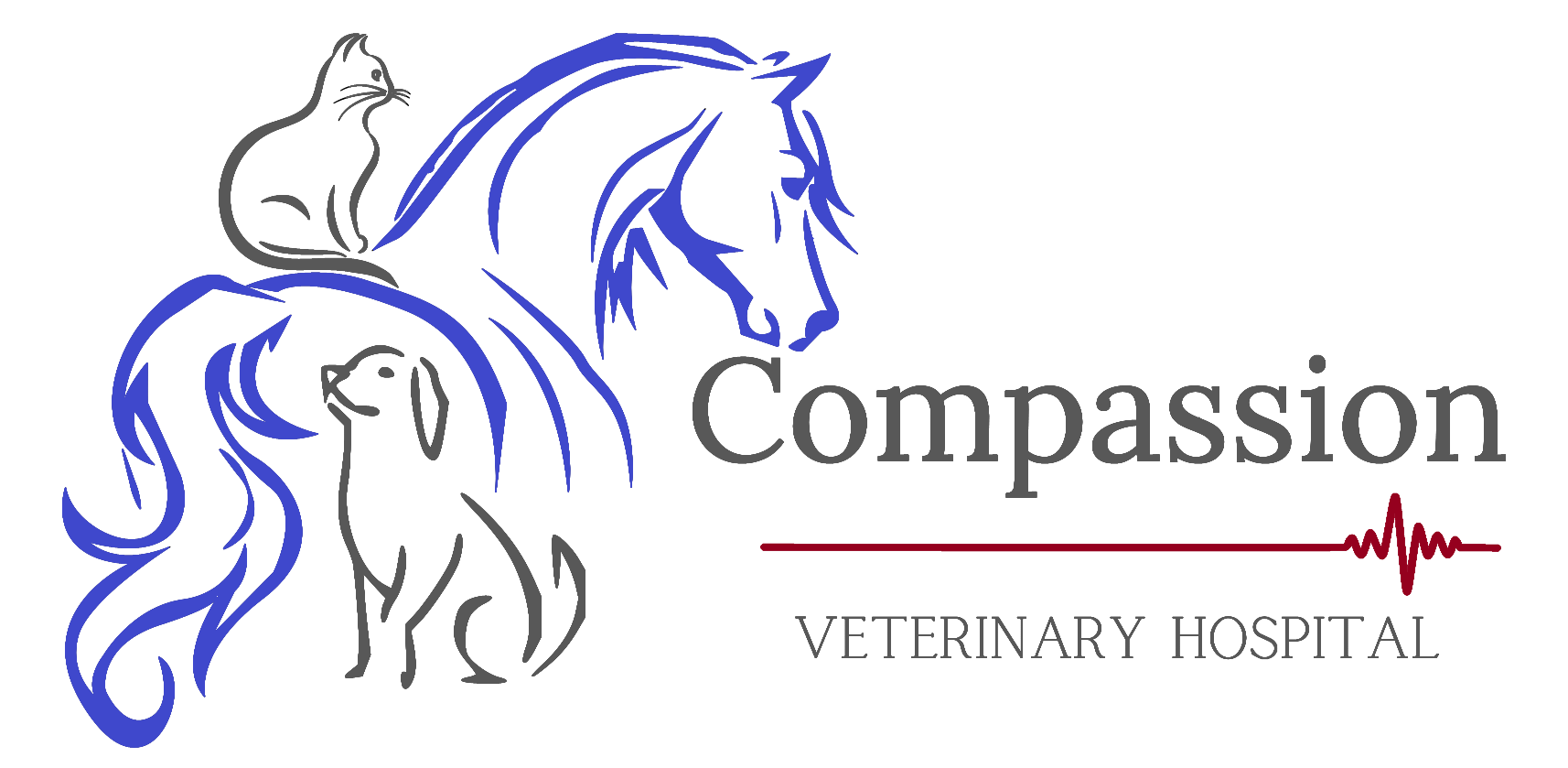Library
-
Aggression toward household members can have one or more causes. Underlying medical conditions can cause or exacerbate aggressive behavior and must be identified and treated. The sooner you address the behavior, the better, as aggression can escalate in intensity over time. Aggression is rarely fully eliminated from a dog’s repertoire. The goal is to use behavior modification and management to assure safety and predictability.
-
If your dog has threatened or displayed any signs of aggression, the problem is likely to continue until appropriate steps can be taken to identify the cause and modify the pet's behavior. A necessary first step is prevention and avoidance of further incidents. Not only is this essential to ensure safety, but each aggressive display may actually serve to increase the chances that the aggressive behavior will continue.
-
When household dogs fight, it can be physically dangerous and emotionally disturbing. An accurate behavioral assessment is critical to learn the motivation for aggressive behavior. Both dogs should be screened for medical and behavioral illnesses that may be causing or contributing to aggressive behavior.
-
When household dogs fight, it can be physically dangerous and emotionally disturbing. An accurate assessment is critical to learn the motivation for the aggressive behavior. Often, a treatment strategy that includes behavior modification, management, and medication can create a positive outcome by improving predictability and safety. In some serious cases, permanent separation or rehoming should be considered.
-
Even though dogs are a social species, some dogs exhibit aggression toward dogs outside their immediate social circle. There are many possible reasons for the behavior, and an accurate assessment is essential. A medical exam is important to check for underlying pain or illness. Treatment can be effective once the causes for the behavior have been determined.
-
Treatment for aggression toward unfamiliar dogs is available, and the outcome can be positive. An accurate medical and behavioral assessment is needed as treatment plans are designed based on the context and underlying motivation for the behavior. To start, management is used to prevent aggressive encounters. Behavior modification is always needed and may include desensitization, counterconditioning, and response substitution. Medication is sometimes used to lower anxiety and frustration.
-
Urine marking is normal in both male and female dogs and can even occur in dogs who are spayed or neutered. The underlying cause for urine marking should be determined so that an appropriate treatment plan can be implemented. Management, prevention, and supervision are important for a good outcome.
-
Dogs often steal objects to play with them or to get someone to chase them. Stealing thus becomes rewarding to the dog. Supervision to prevent stealing is the best strategy. It is important to refrain from chasing your dog to retrieve stolen goods. Dogs can be trained to give back stolen items.
-
This handout discusses the causes and potential treatments for excess gas (flatus or flatulence) in dogs. Factors such as diet, speed of eating, exercise and foods to avoid are highlighted.
-
The relationship between people and their dogs is an unconditional bond where dogs understand more about us than previously thought. They know how to read our feelings and respond appropriately to either help us or celebrate with us. A combination of visual, auditory, and even scent cues help them put together a full picture of our current emotional state.

